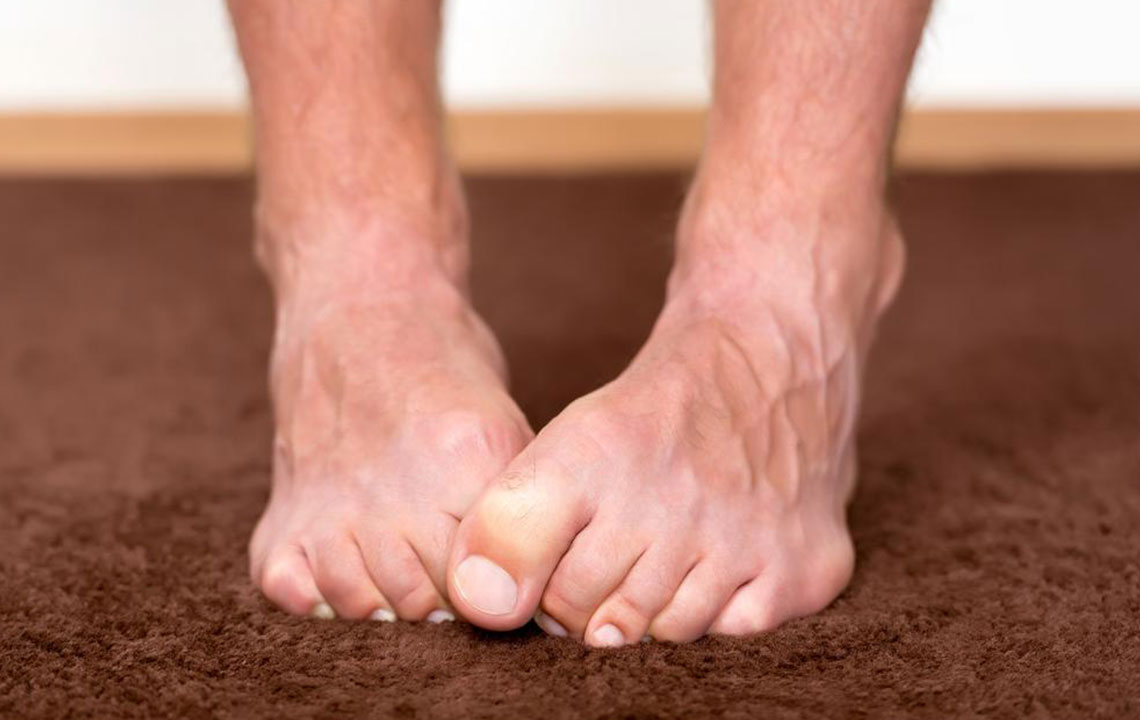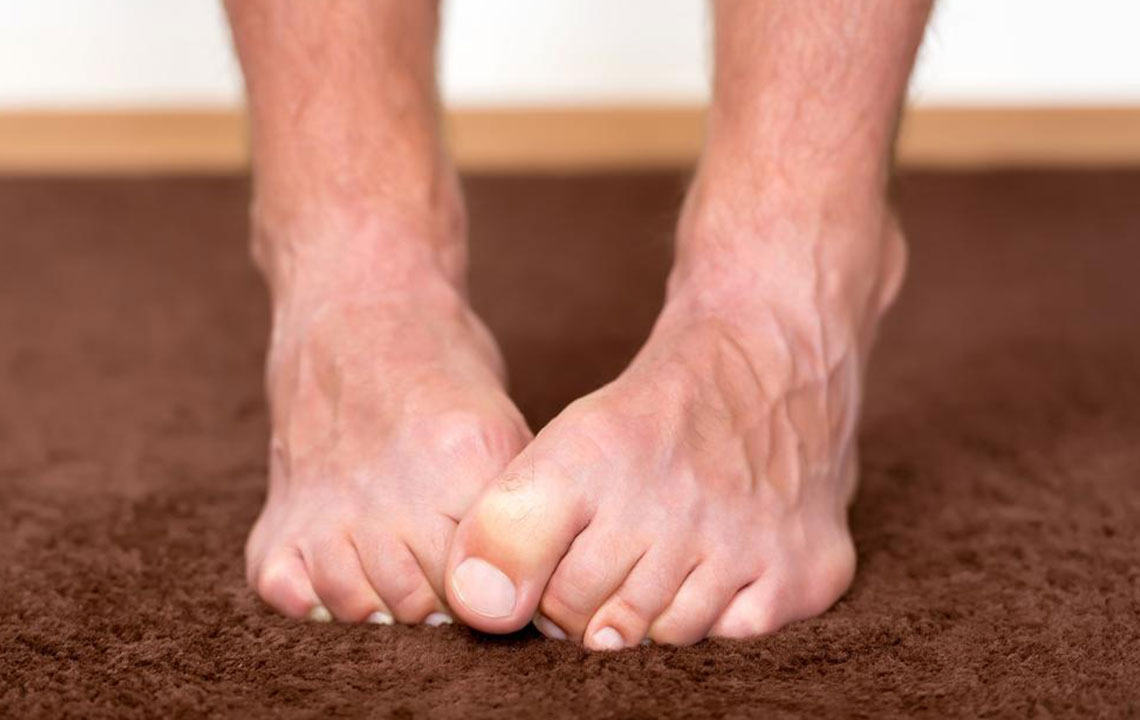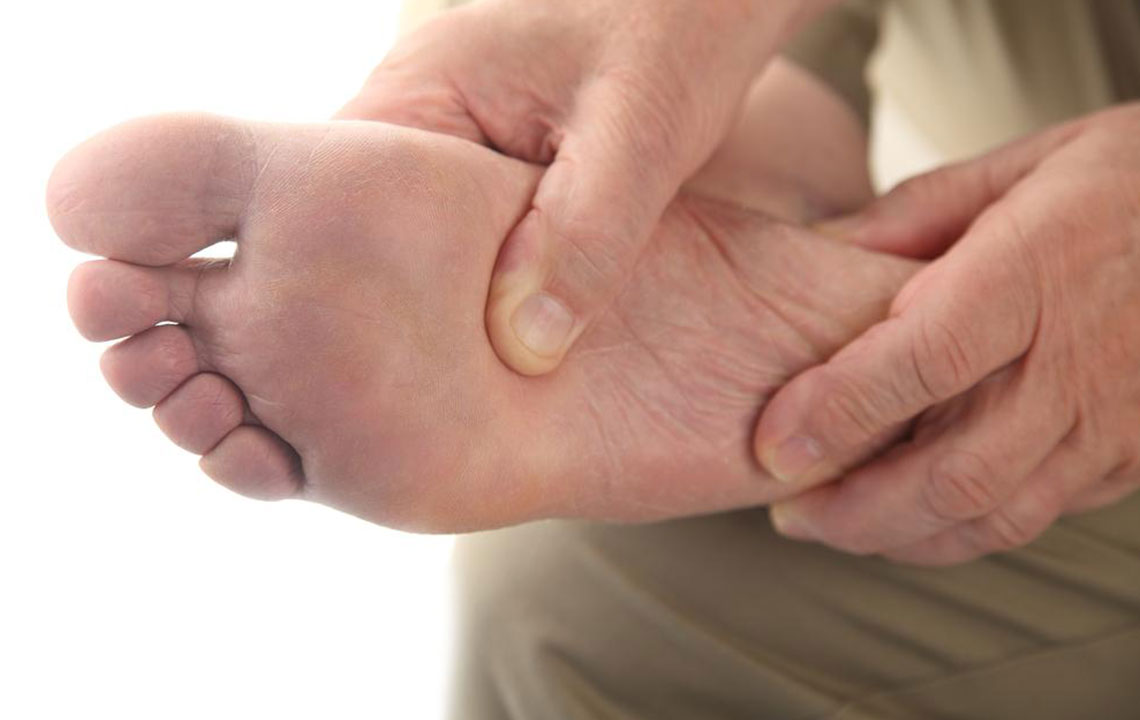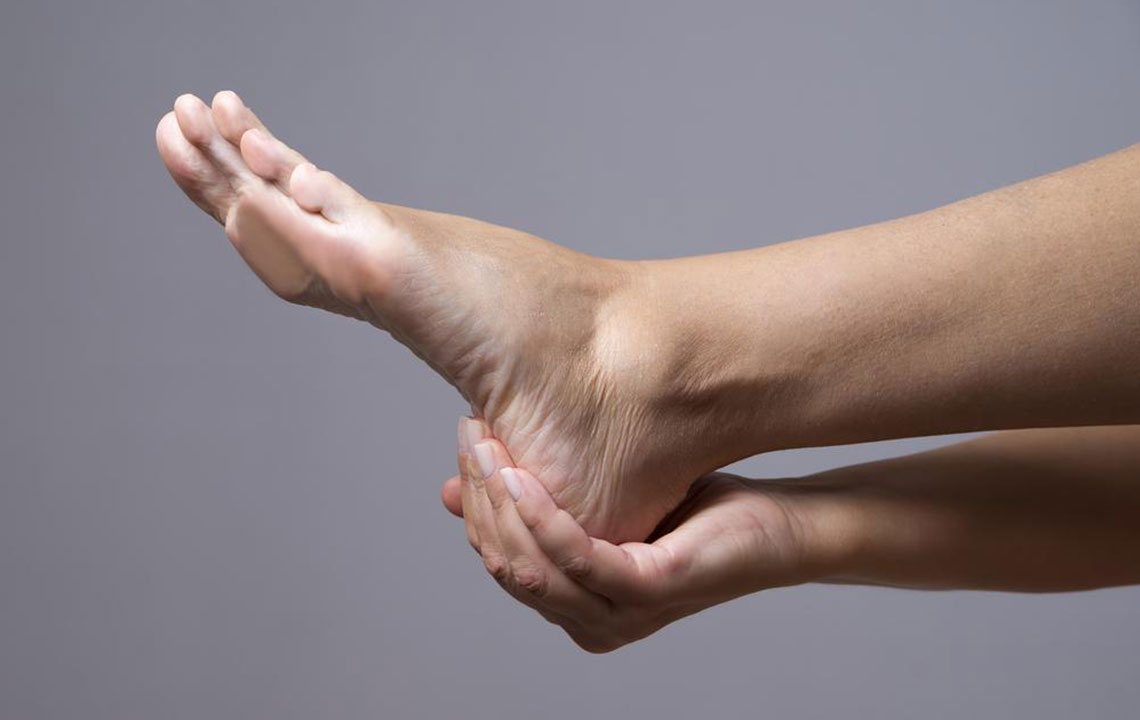Comprehensive Guide to Foot Nerve Pain: Causes, Symptoms, Diagnosis, and Effective Remedies
Learn about foot nerve pain, including its causes, symptoms, diagnostic procedures, and effective treatment options. This comprehensive guide covers managing underlying health issues, lifestyle changes, and medical interventions to alleviate pain and improve nerve health. Early diagnosis and personalized care are essential for recovery and maintaining foot functionality.

Comprehensive Guide to Foot Nerve Pain: Causes, Symptoms, Diagnosis, and Effective Remedies
The nervous system is the intricate network that governs sensation and movement throughout the human body. Its crucial role is to transmit signals between the brain, spinal cord, and peripheral nerves that extend to various parts of the body, including the feet, hands, face, and internal organs. This complex communication system enables us to perceive stimuli such as touch, pain, temperature, and vibration, and react accordingly.
When the peripheral nervous system sustains damage or dysfunction, it leads to a condition known as peripheral neuropathy. This disorder interferes with the normal transmission of nerve signals, resulting in varied symptoms that can significantly affect quality of life. Understanding the causes, symptoms, diagnosis, and treatment options for foot nerve pain is essential for effective management and relief.
Peripheral neuropathy affects multiple types of nerves—sensory nerves that carry information about sensation, motor nerves that control muscle movements, and autonomic nerves that regulate involuntary functions such as blood pressure and digestion. Damage to these nerves can cause a wide array of symptoms, ranging from mild discomfort to profound loss of function.
Recognizing the Signs of Foot Nerve Pain:
Persistent burning or tingling sensations in the feet
Numbness or a feeling of insensitivity in the toes or soles
Skin changes such as thinning, dryness, or irritation
Digestive disturbances like bloating, constipation, or diarrhea
Episodes of low blood pressure or dizziness upon standing
Unusual sweating patterns in the feet, either excessive or diminished
Distinctive sharp, stabbing, or shooting pains in the feet
Electrical sensations, shocks, or buzzing feelings
Weakness in the legs, resulting in difficulty standing or maintaining balance
Understanding the Causes of Foot Nerve Pain:
Nerve damage in the feet can stem from various underlying health conditions, lifestyle factors, and injuries. Family history plays a role in predisposition, but specific causes are often modifiable or treatable. Critical factors include chronic conditions such as diabetes mellitus, obesity, high blood pressure (hypertension), vitamin deficiencies, chronic kidney disease, hypothyroidism, and persistent inflammation. Injuries from accidents, repetitive pressure from improper footwear, excessive alcohol consumption, certain infections, and side effects of medication contribute significantly to nerve impairment.
Diabetes, particularly when poorly controlled, is among the most common causes of peripheral neuropathy. Elevated blood sugar levels damage delicate nerve fibers and impede nerve repair processes, leading to sensations like numbness, tingling, and pain. Obesity and hypertension exacerbate the risk by impairing blood circulation and promoting nerve ischemia. Nutritional deficiencies, especially in vitamins B12, B6, and E, weaken nerve integrity and hinder repair mechanisms. Toxins from kidney failure and exposure to certain chemicals can accelerate nerve deterioration. Hormonal imbalances, such as hypothyroidism, contribute by disrupting metabolic processes that support nerve health. Long-term systemic inflammation can also damage nerve tissue, resulting in symptoms described above.
External factors, including physical injuries—like fractures, sprains, or repetitive stress—can damage nerves directly. Chronic pressure from ill-fitting shoes or heavy footwear compresses nerve pathways, causing localized pain. Excessive alcohol intake is neurotoxic and accelerates nerve degeneration. Certain infections, such as shingles and Lyme disease, involve nerve tissues directly, leading to pain and sensory disturbances. Moreover, some medications, especially chemotherapeutic agents, certain antiviral drugs, and drugs for hypertension or seizures, have neurotoxic side effects that induce or worsen neuropathy.
Proper diagnosis of foot nerve damage involves a comprehensive clinical assessment. If symptoms arise, consulting a healthcare professional promptly is crucial for early intervention. Diagnostic procedures include thorough physical examinations, blood tests evaluating blood glucose, vitamin levels, and thyroid function. Imaging techniques such as X-rays, MRI scans, or CT scans help rule out structural issues or tumors compressing nerves. Electrophysiological studies, including nerve conduction velocity and electromyography (EMG), assess nerve function and identify specific nerve entrapments or damage. In some cases, nerve biopsy may be necessary to determine the nature and extent of nerve injury.
Effective Treatment Strategies for Foot Nerve Pain
Addressing foot nerve pain requires a multifaceted approach targeting the underlying cause of nerve damage. Managing chronic health conditions, such as diabetes, is fundamental to halting or reversing nerve deterioration. Tight control of blood sugar levels through medication, diet, and lifestyle modifications can significantly improve symptoms and nerve regeneration.
Nutritional support plays a vital role in nerve health. Supplementing deficiencies in vitamins B12, B6, E, and folate can promote nerve repair and alleviate symptoms. In cases of nutritional deficits, dietary adjustments and supplementation under medical supervision are recommended.
Pharmacologic treatment involves the cautious use of medications. Anti-inflammatory drugs can reduce nerve inflammation; antiepileptic medications like gabapentin or pregabalin are effective in managing nerve pain. Topical agents, such as capsaicin creams, provide localized relief. Pain management should be tailored to individual needs, with careful consideration of potential side effects.
Preventive measures are equally important. Wearing appropriately fitted, comfortable footwear minimizes pressure and irritation on nerves. Avoiding exposure to extreme temperatures—both hot and cold—protects nerve fibers from further injury. Maintaining good foot hygiene prevents infections and skin complications that could worsen nerve symptoms. Regular foot inspections, particularly for individuals with diabetes or peripheral vascular disease, are vital for early detection of injuries or infections.
Adopting a healthy lifestyle supports nerve regeneration and prevents progression. This includes a balanced diet rich in fruits, vegetables, whole grains, lean proteins, and healthy fats. Regular moderate exercise enhances blood circulation and nerve repair, whereas smoking cessation and limiting alcohol intake reduce neurotoxic exposures. Stress management techniques, such as yoga and meditation, can also help mitigate systemic inflammation and promote overall well-being.
In addition to these measures, physical therapy and rehabilitation exercises can strengthen muscles, improve coordination, and reduce nerve pain. In severe cases, surgical interventions—such as nerve decompression or repair—may be necessary to relieve pressure and restore nerve function. Consulting a neurologist or a specialist in nerve disorders ensures personalized treatment plans and comprehensive care.
Persistent or severe foot nerve pain should never be ignored. Timely medical intervention can prevent complications, improve nerve function, and enhance quality of life. With proper diagnosis, management, and lifestyle adjustments, individuals experiencing foot nerve pain can find relief and regain mobility and comfort.





